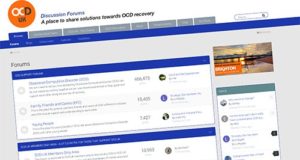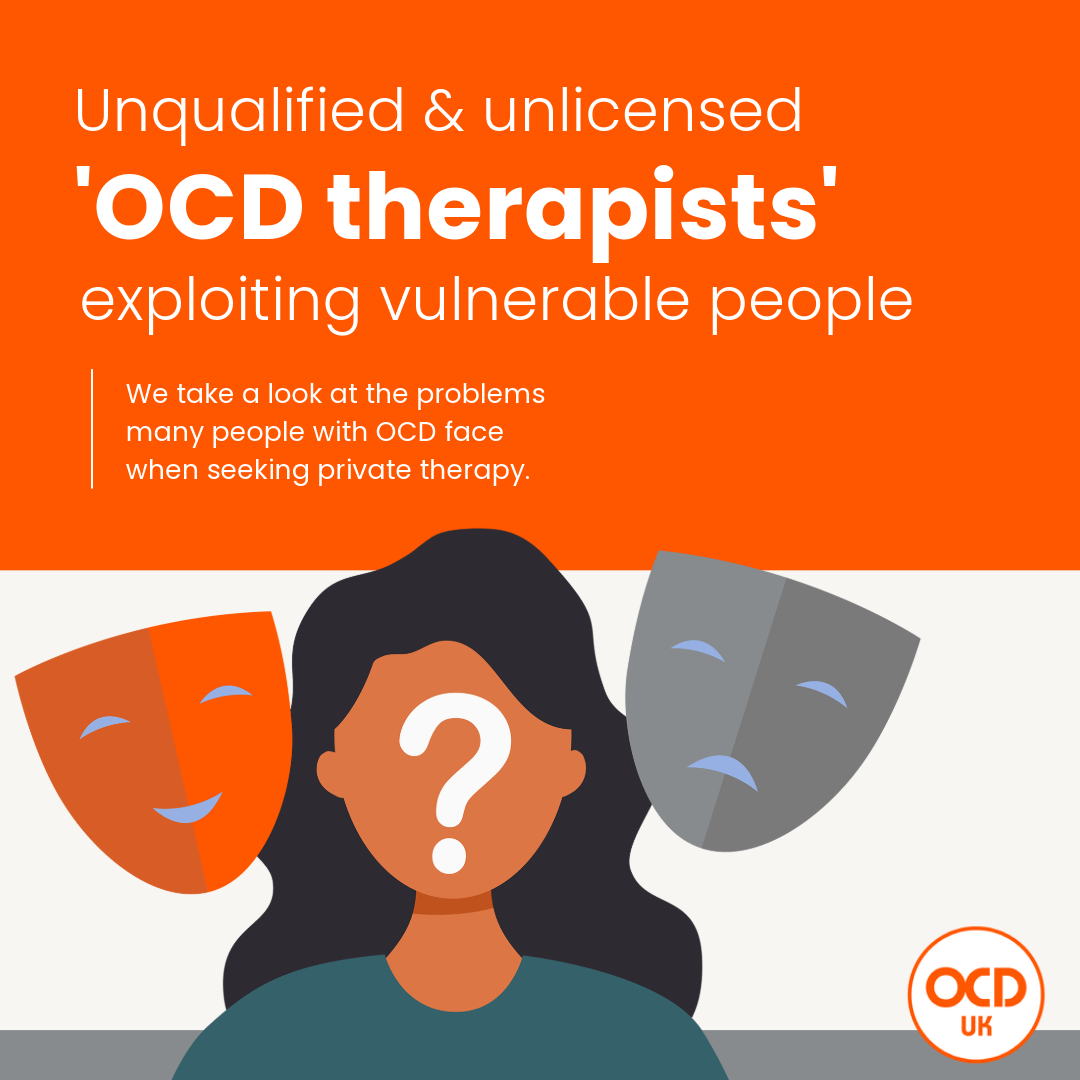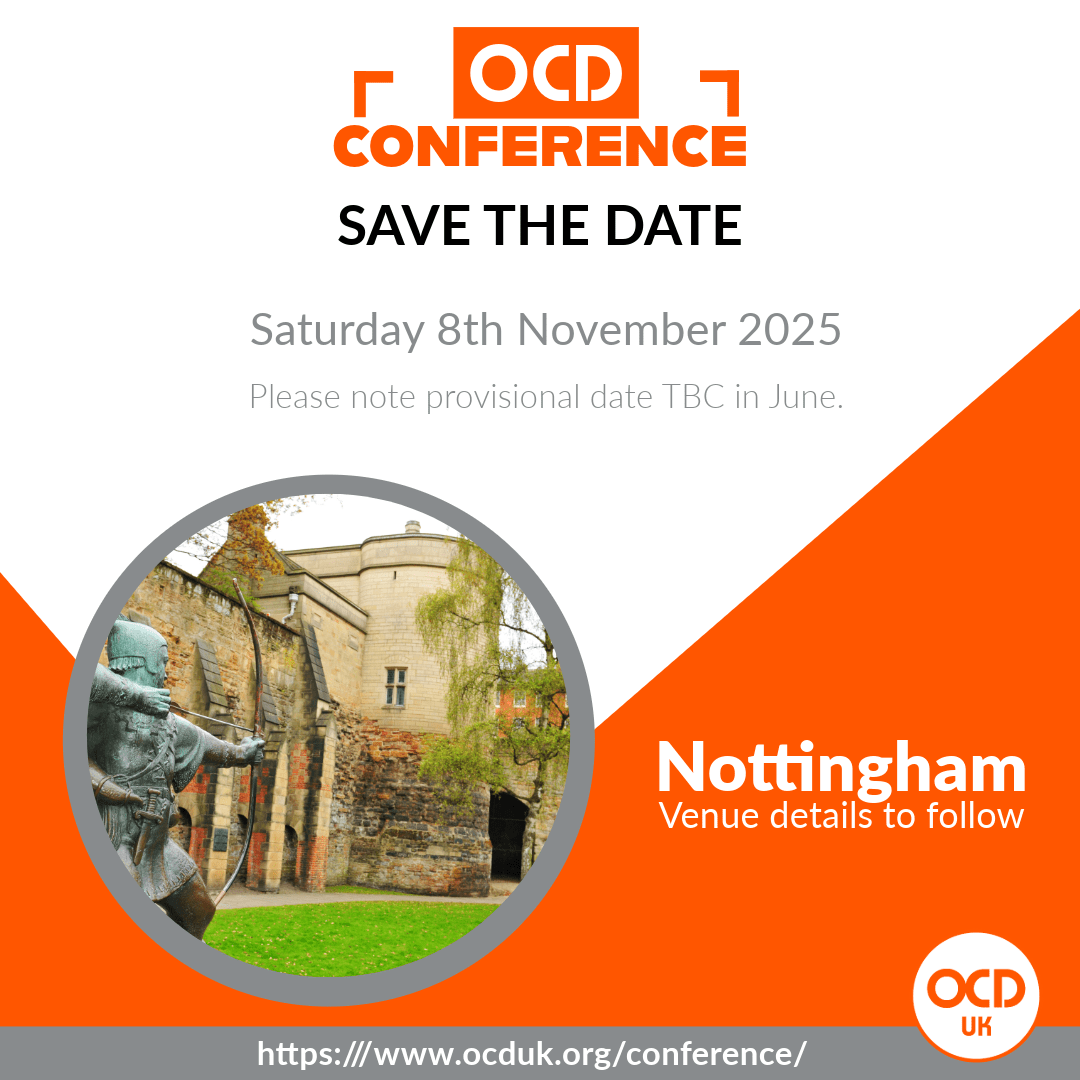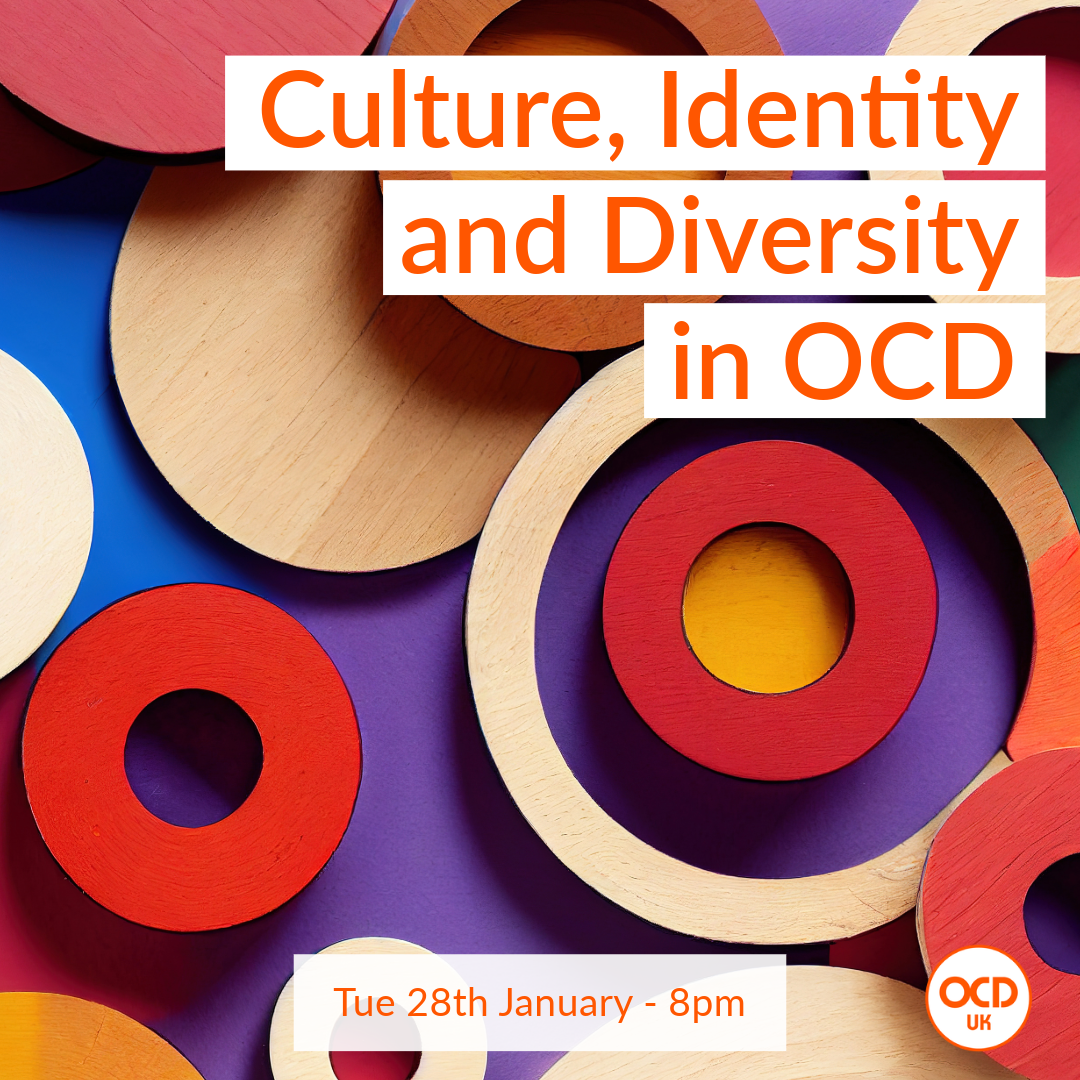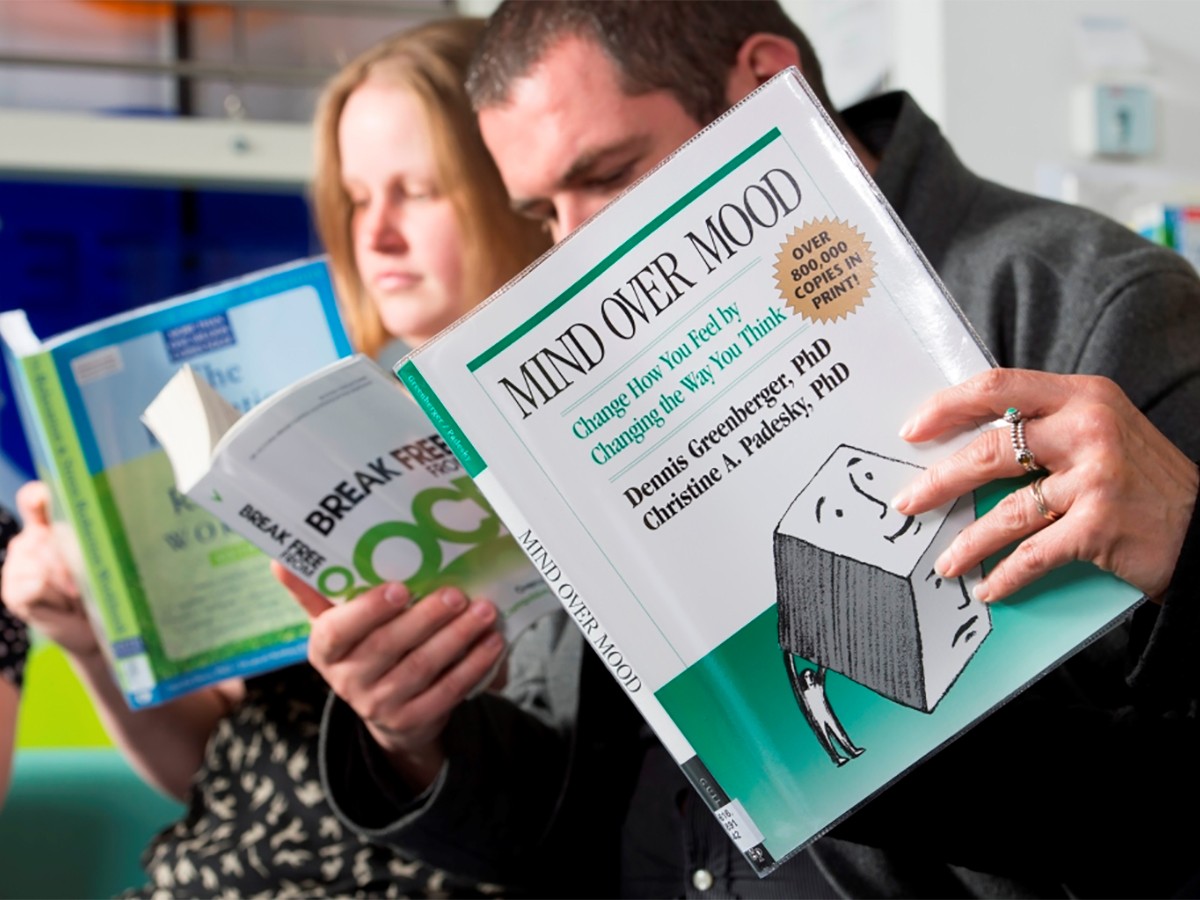
Waiting for therapy to start can be frustrating and we’re often left treading water with no help or support. But that’s not to say you can’t do something, that’s why we have some guidance for you on our preparing for therapy page.
Aspects of therapy we are all capable of making a start on include:
- Education – The more we understand OCD and how CBT works the better our chances of managing and overcoming it
- Hierarchy – Create your OCD hierarchy, a list of anxiety provoking situations, most anxiety provoking at the top, least at the bottom
- Small exposure exercises – If you feel up to it, you could try tackling one of your least anxiety provoking situation to get used to facing anxiety
To assist you in achieving some of these steps, you may want to access some self-help resources. There are many ways to educate yourself about OCD, with self-help materials often offering advice on how to apply CBT techniques. Self-help services include:
- Self-help books
- Support groups
- Online discussion forums
- Online OCD therapy courses
But choose wisely, the internet and social media is full of OCD material which isn’t always helpful or accurate. The same with OCD books, in recent years we have seen a deluge of OCD titles hit the shelves, some are interesting but not always helpful.
Self-help books
Knowledge really is power when it comes to OCD, so for the vast majority reading self-help books will be positive. Even if it does not help them get better, it should give them good grounding and knowledge for when their therapy starts.
Generally people don’t recover with self-help alone, one reason for this is that no matter how good the self-help material is, they are only helpful if the reader correctly interprets what they read. Self-help materials can also never replace the support and motivation given by a good therapist. But the more you understand OCD, the more you can make better use of your therapy once it starts.
Whilst we will all have our own favourite self-help book, sometimes users like to take chunks of helpful content from several books and create their own locker of helpful self-help text. The following books are all available from OCD-UK and some Waterstones and all good independent bookshops can order them in using the ISBN code.
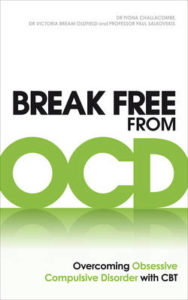 Break Free from OCD – This remains our favoured self-help book because it focuses on the cognitive aspect of CBT, not just the behavioural/exposure aspect that many books focus on.
Break Free from OCD – This remains our favoured self-help book because it focuses on the cognitive aspect of CBT, not just the behavioural/exposure aspect that many books focus on.
Our full list of recommended reading (all by respected authors or OCD specialists), including the (ISBN):
- Break free from OCD by Challacombe, Bream-Oldfield, Salkovskis. (0091939690)
- The Beating OCD Workbook by Fitzgerald. (1473601347)
- Overcoming Obsessive-Compulsive Disorder by Veale & Willson. (1849010722)
- Pulling the trigger – OCD, Anxiety, Panic Attacks and Related Depression by Shaw & Callaghan. (1911246003)
- Brain Lock by Schwartz. (006256143X)
Some readers will want to learn more about OCD (especially family members) so sometimes books which are more factual about OCD may be helpful. The following books are aimed at health professionals, but are still readable by lay people:
CBT for OCD –
This book, written by the same authors as Break free from OCD, is actually aimed at therapists, but remains incredibly informative and if affordable, we encourage people to read it. Please just bear in mind it’s not written as a self-help book.
- Cognitive Behaviour Therapy for Obsessive-compulsive Disorder by Bream, Challacombe, Palmer & Salkovskis. (0198703260)
- Obsessive-Compulsive Disorder (The Facts) by Rachman. (019956177X)
- Obsessive Compulsive Disorder (Palgrave Insights in Psychology) by Davey. (1137308680)
Some of our users are reluctant to buy products like books because of their actual OCD fears, for example some people feel they cannot receive books through the post. You can however, access many of the books online via Kindle which can be read via a Kindle device, or any smart phone or tablet.
Books on Prescription
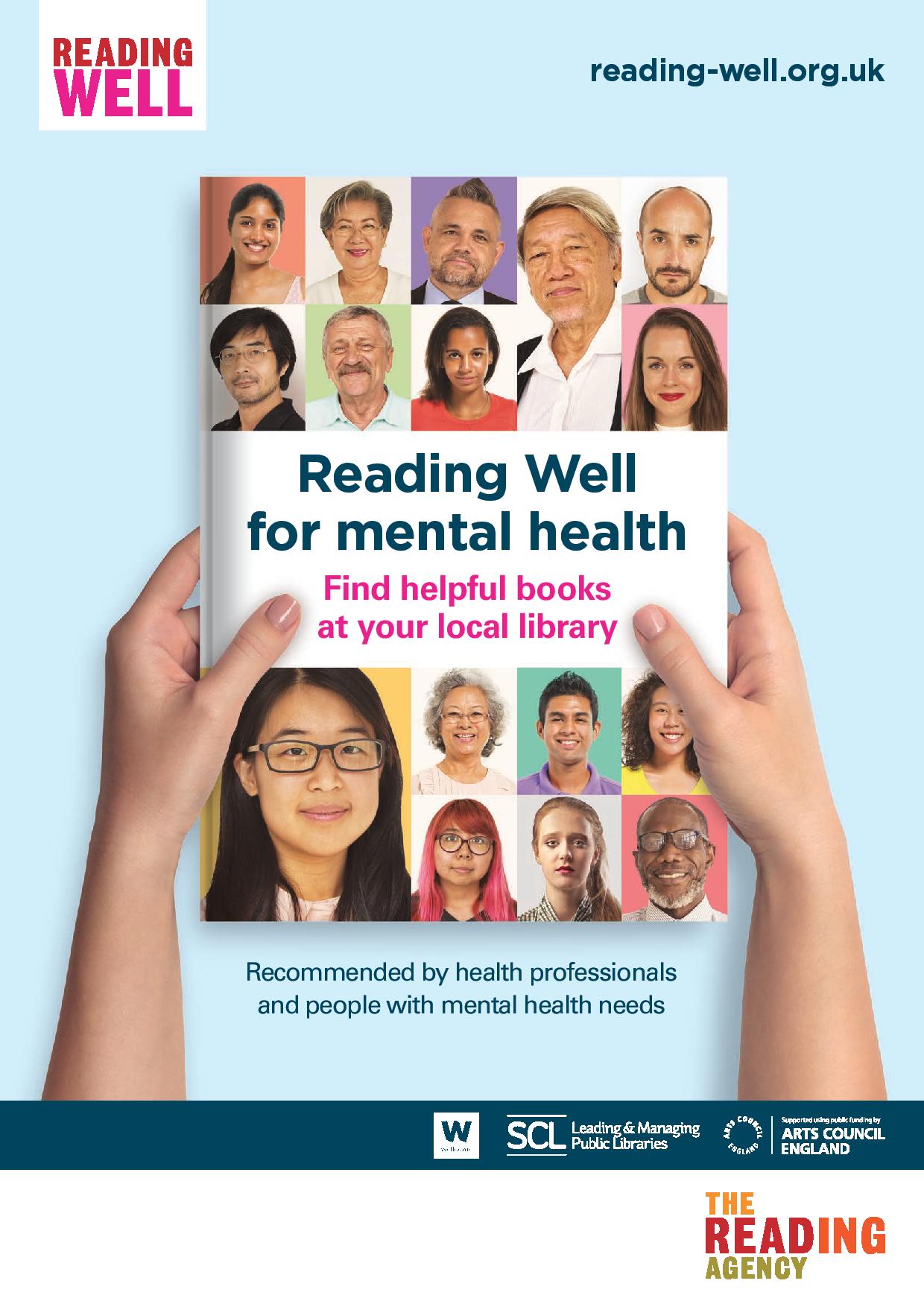 Books on Prescription is a national scheme where GPs and other health professionals can recommend a self-help book which the patient can borrow from their local library for as long as they need it. The patient can choose from a range of self-help books which have proven value in helping people who suffer from common mental health problems such OCD. The Books on Prescription was already available in Wales, but in 2014 was also launched in England.
Books on Prescription is a national scheme where GPs and other health professionals can recommend a self-help book which the patient can borrow from their local library for as long as they need it. The patient can choose from a range of self-help books which have proven value in helping people who suffer from common mental health problems such OCD. The Books on Prescription was already available in Wales, but in 2014 was also launched in England.
In June this year, the Reading Well for mental health scheme was launched. The new booklist of 37 titles containing information, self-help and memoir with expert partners and offers guidance and support to those living with mental health needs and their carers, including OCD, but also other problems like stress, depression, anxiety, sleep problems and low self-esteem. The following titles available for OCD and BDD are:
- Break Free from OCD by Challacombe, Oldfield and Salkovskis
- Body Image Problems and Body Dysmorphic Disorder: The Definitive Treatment and Recovery Approach by Callaghan, O’Connor & Catchpole
Other books on prescription titles for anxiety and depression include:
- Overcoming Depression and Low Mood by Williams, Chris
- Mind Over Mood: Change How You Feel by Greenberger and Padesky
- Overcoming Depression: A Self-help Guide by Gilbert
- Overcoming Anxiety: A Self-help Guide by Kennerley
- Overcoming Anxiety, Stress and Panic by Williams
OCD Support Groups and Discussion Forums
Other self-help resources include community led online forums and support groups. A good community group can make a real difference in guiding and helping people. However, not all groups are led with a positive recovery focus, and for that reason OCD-UK take great care only to list support groups which are run to approved standards.
OCD Discussion Forums
OCD-UK has its own discussion forums which are completely FREE to use, with separate forums available for people with OCD and family members. It’s free to use and users can create an alias, so they can remain anonymous. Usually, even through the night, if someone posts a message seeking support, it is not unusual for them to receive at least one response within the hour.
Some added extras like the chat room are limited to OCD-UK members, but the support forums are free for all to use. The forum is fully moderated and you can register freely at:
To register, users need to visit the forums, register an account and then verify the account by clicking the automated link the system sends. At the moment users cannot register with @gmail.com accounts.
If you’re an OCD-UK member, please email us with your selected username and we will give your username full OCD-UK membership permissions to access the added areas of the forum.
OCD Support Groups
There are about 100 support groups around the UK, some are run by OCD-UK volunteers, others are run independently. On our website we have listed those we have endorsed. We make sure that we both train and support OCD-UK volunteers that want to run a support group, and we frequently fund meeting room hire for those groups from our limited resources.
Just like anyone can call themselves a therapist, anyone can start a support group, so we take great care to only list a support group once we have spoken to the facilitator and assured ourselves of the groups suitability.
To search for an OCD-UK approved support group they need to visit our map page on our support group page. This list is not exhaustive and there may be other OCD groups out there, but we only provide information for groups we have been asked to list and have been approved by our team.
Online CBT
There are some commercial online therapy courses that a person can follow for help. Like self-help books these are only helpful if the reader correctly interprets the meaning of the information, but can certainly be useful. Most tend to be ERP based rather than CBT based, but they’re still helpful resources. We cannot list the commercial programmes, but we can recommend the following non-commercial online CBT run by an American charity, Peace of Mind Foundation which was setup by OCD sufferer Liz McIngvale.

Online OCD Tests
There are many online OCD tests, some flippant, but there are some that are intended to be serious self-diagnostic tools, even on the more respectable OCD websites. These are all notoriously unreliable and should not be taken as any kind of guide or indication that a person suffers with OCD or not. These kinds of online OCD tests are simply not accurate enough to even give a guide, and certainly not for formal diagnosis, so we recommend you always consult a trained health professional for a diagnosis.
What to read next:

